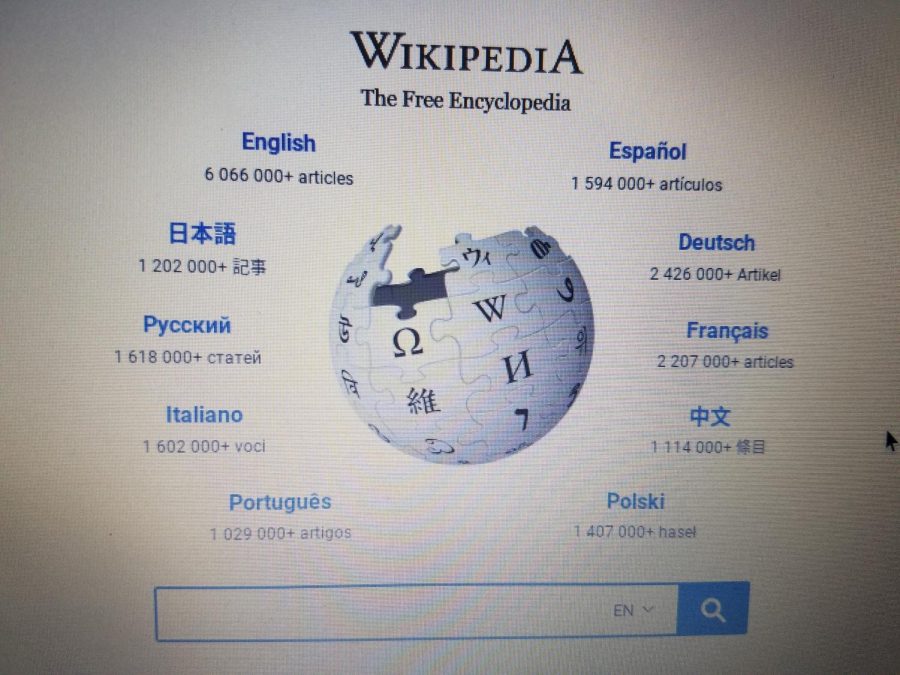The Truth About the Media
Any source can provide you with false or unprofessional information, which makes that more important to fact-check everything you read.
Any source can provide you with false or unprofessional information, which makes that more important to fact-check everything you read.Journalism, news and media of all kinds are changing. Only a few decades ago, news was mainly driven from primary source events and broadcasted by professionals on the topic. People used to not have to question how much they trust what they watch and read everyday.
And then the internet was born. All of sudden, nobody needs a certain level of understanding about a topic to post their views. Narrative and false facts have been spread across a database widely accessible to anyone. In today’s world, anyone can say what they want without proper education and a handful of people will blindly believe them.
The internet has advanced in many ways and helped us to be able to communicate how we want. Freedom of speech is definitely a great luxury in our country and people should be free to post what they want on the internet. However, that does not mean that every single source or perspective is trustworthy.
If you want to know the truth about a topic that interests you, there are certain precautions you should take before reading something and taking it as Gospel.
First of all, learn to spot the difference between fact and opinion. In today’s reality, it is extremely hard to find a source that is solely just facts. Chances are, if you are reading about any topic on social, political or economic subjects, the source that you get it from will add its own views on the issue. You may not realize it, but certain news sites can try to persuade you to feel a certain way in a topic just by the connotation of the words they use.
It is important to be extremely careful when picking reliable sources. If you are aware that a source leans a certain way on an issue, it is probably not a reliable source to be getting facts from initially. Try to find a couple of articles that you feel are not trying to sway your beliefs in any way and decide how you feel about it. You do not need someone else to tell you how to feel about a topic. Make your own decision.
It is okay to go back and read other people’s opinions as long as you know the facts and are able to debunk any false information.
Not sure if the source you are reading is credible? Try to find a primary source. Why would you take somebody else’s word for it when you can a first-hand account about what was said or done. Looking at the original reports and video footage of a topic is probably the safest way to go in determining if the information you are reading elsewhere is false
But do not stop there. The internet has millions of sources to read. A good rule of thumb is to take anything you read worth a grain of rice. Dive into an article not intending to take everything that the source says seriously. Fact check against other articles. Try to find a common truth so that you can easily rule out the fiction, lies, or opinions. If you really want to get the best understanding of something that happened, take some time to research.
Every issue has multiple sides and in a world where it is easier than ever to spread these ideas, you need to make sure you have studied the correct facts. So next time when you hear someone talking about that issue, you can decide for yourself if you can trust that person, based not on opinion and what you have heard, but based on reliable facts and research.












